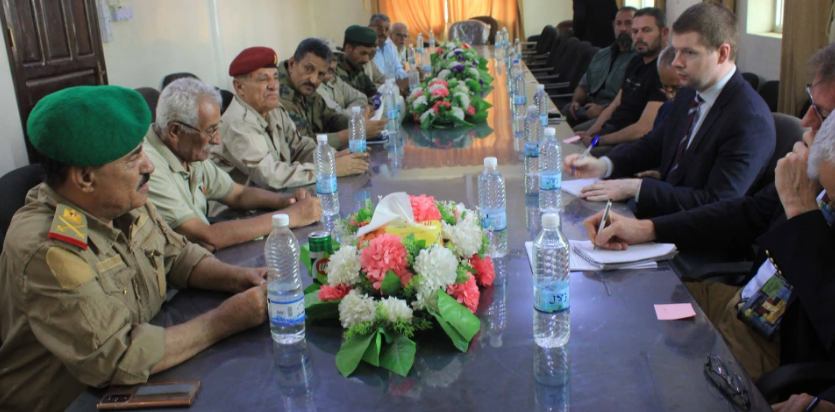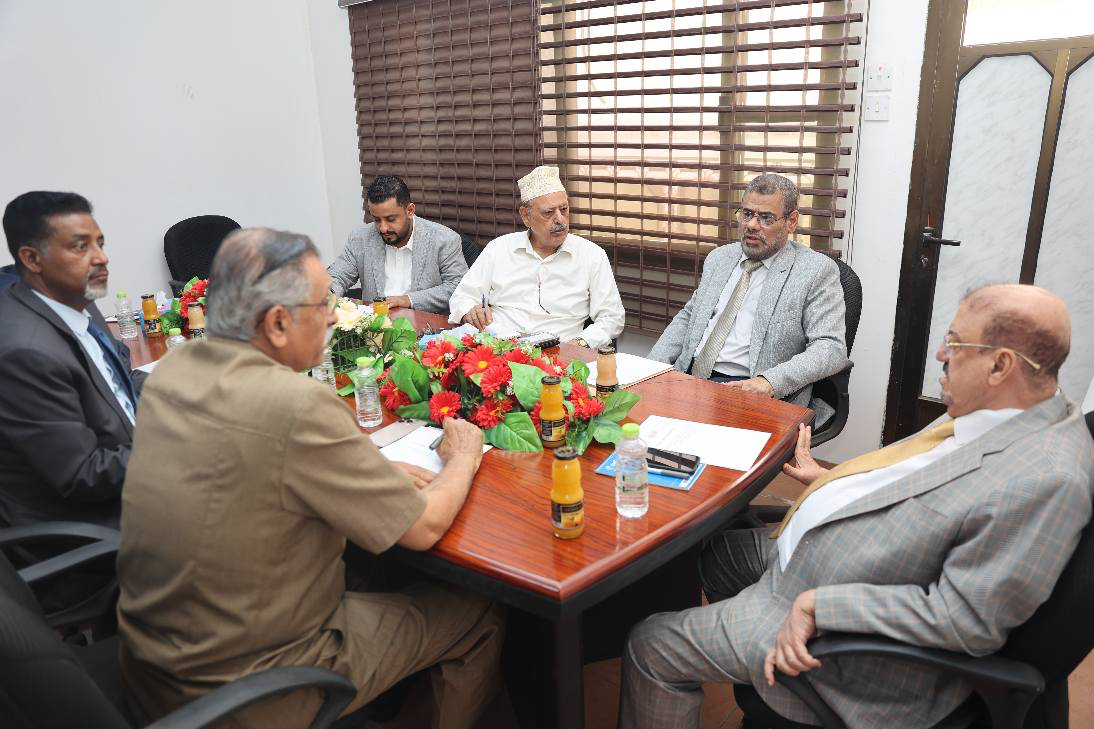
Barran Press
In a recent interview with "Barran Press," Yemeni Ambassador to Qatar, Rajeh Badi, praised the stance of Marib province in northeast Yemen against the Houthi coup that began in 2014. He asserted that the province's actions demonstrate that 60 years of the September Revolution against the imamate have not been in vain.
Reflecting on the anniversary of the Marib confrontations, Ambassador Badi stated, “These were glorious days that will remain etched in the memory of Yemenis and in the history of their struggle against the racist imamate. Marib has emerged victorious against aggression.”
He emphasized that amid darkness, conspiracy, and a pervasive sense of despair, Marib's resilience and determination sparked hope and resistance.
“Marib, with its men, youth, local authority, and tribal and political entities, has sent a resounding message to the arrogant imamate—a loud ‘no’ as strong as the Marib Dam, and solid as the land of Saba,” he added.
Badi described this moment as a historical awakening for the Yemeni people, who regained their confidence and took up arms to declare, “We are here, and we will not submit to anyone but the Almighty.”
A Stance of Honor and Pride
Regarding the tribes' position, Ambassador Badi noted that “all of Marib stood with courage and pride, naturally leading to their crucial role in resisting aggression. This came at a time when the state had collapsed due to betrayal and conspiracies against the Yemeni people and their dreams for a new future.”
He remarked that this historic stance of the tribes is not surprising, given their heritage from the land of Saba, imbued with resilience and a commitment to justice and Islamic values.
Badi commented on the role of political parties in Marib that it is “not surprising that they stand on the front lines against the Houthi aggression, even if some central leaders in Sana’a have succumbed to petty calculations.”
He concluded that this stance reflects the independence and strength of Marib’s identity, distinguishing between national duty and party interests, and ultimately aligning with the greater national interests while rejecting opportunistic positions.
The Triumph of September
“Marib, which has faced much injustice in the past, has championed the September Revolution without petty calculations or grievances,” Badi stated. He emphasized that Marib has defied all negative stereotypes and assumptions about the region and its tribes.
He continued, “Just as Marib was the spark for resistance and victory, it has transformed into a genuine popular capital for all Yemenis, opening its doors and welcoming everyone without discrimination.” This demonstrates that “the national values of Marib remain alive, embodying brotherhood for all.”
A Model for Unity
Discussing how to leverage this model for broader benefit, Badi emphasized the need for fairness and the preservation of Marib’s commendable example. He called for widespread media and cultural efforts to highlight how the unified actions of local authorities, political parties, and the community in Marib saved the nation and repelled aggressors.
“It is essential to teach our people and future generations that the lesson lies in sincerity and embodying values of solidarity and cooperation, rather than mere rhetoric and empty theorizing,” he added.
A Message to Marib
In closing, Badi delivered a message to the people of Marib and their tribes, political parties, and local authorities on the tenth anniversary of the confrontations. “You have been the hope and heralds of victory when despair prevailed and defeatism loomed,” he said.
“You must preserve this proud history and continue to be a shield for Yemen, serving as a beacon for Yemenis defending their land, honor, and dignity against the manipulations of the racial imamate and the mercenaries of destructive projects targeting Yemen’s identity, religion, and traditions.”
On September 18, 2014, the tribes in Marib established armed popular camps known as "Matareh" in the northern, western, and southern outskirts to confront the escalating Houthi attacks aimed at seizing the province by force. This tribal response, a time-honored tradition, came two months after the Houthis began mobilizing and attacking tribal members in border areas following their takeover of the city of Amran in July 2014, culminating in the fall of the capital, Sana’a, on September 21, 2014.





